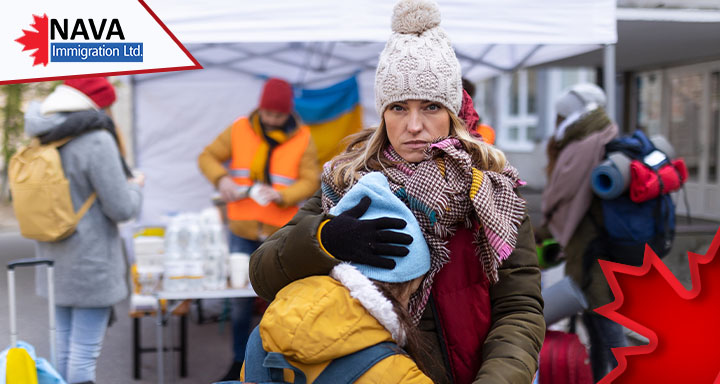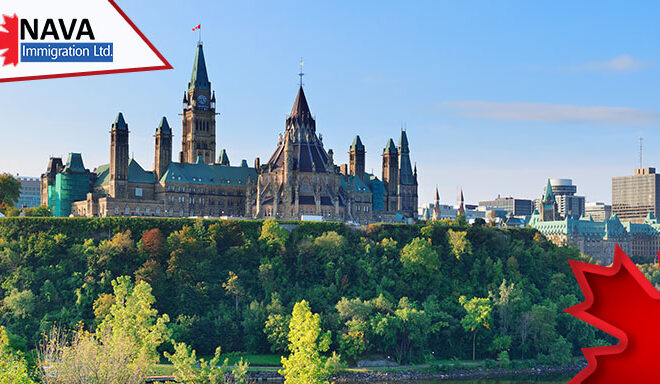IRCC’s steps to help affected people by Israel-Hamas Dispute
The Canadian immigration department, IRCC, has declared temporary immigration procedures to aid family members of Canadian citizens and PRs who are presently in Israel, Gaza, and the West Bank. This also applies to the Palestinians and Israelis who are already present in Canada. These efforts, as per the Canadian Immigration Minister, Mr. Marc Miller, will enable the facilitated exit of Canadian citizens, PRs, and qualified family members from these affected areas. Discover IRCC’s interim steps to help affected people by the Israel-Hamas Dispute.
IRCC’s steps to help affected people by Israel-Hamas Dispute
As Canada recently announced the efforts to aid impacted individuals, this section will discuss the IRCC’s interim steps to help affected people by the Israel-Hamas Dispute.
The fee-exempt study or open work permits
Canada launched the fee-exempt study or open work permits in Canada. This is the first measure among the actions announced recently.
Foreign individuals have to be family members of citizens of Canada or PRs who have moved out of Israel and the Palestinian areas to qualify for this measure. They must be left with either their family members or individually since the advent of the ongoing regional dispute.
In addition to this, the Palestinians and Israelis who are already present in Canada may also qualify for the permits if they do not feel secure returning to their native places.
To apply for these permits, such individuals need to have a valid temporary resident permit.
Giving Preference to PR applications for family sponsorships
Another measure that IRCC announced concerning the Israel-Hamas Dispute is prioritizing the PR applications for family sponsorships. This means that the immigration department will give preference to current PR applications for Palestinians within the family-specific streams, i.e., the family class sponsorship.
Who is eligible?
Canadians or PRs’ spouse, partner, child of any age, sibling, parent, grandparent, or grandchild, as well as their close family members, are qualified candidates under this provision.
Eligibility criteria for this measure:
- The Canadian citizen or PR has to be in Canada.
- They must have a relationship proof. This can be a copy of the birth certificate and baptismal certificate of the child or the grandchild. Or an official document stating that the applicant is a parent or grandparent of PR or Canadian (this can be a copy of the family book or civil registration documents).
According to the IRCC, more information on this procedure will be revealed by the department shortly.
Meanwhile, IRCC has established an exclusive service channel where you can ask questions about these measures. It is available at 613-321-4243, including collect calls for individuals in Canada as well as overseas.
IRCC further noted that you could also check online and use the keyword “MOME2023” to the IRCC crisis web form along with your inquiry. Also, the department will prioritize your request.
Furthermore, Canadian citizens, PRs, and their family members may also be able to apply online for medical coverage as per the Interim Federal Health Program. This will assist in urgent medical needs at the time of arrival in Canada following their assisted exit from Gaza. Please note that medical coverage has a specific time limit.
Canada’s Multiculturalism policy and history of Israeli and Palestinian immigration
Canada already has a significant population of Israelis and Palestinians. This is because of the multiculturalism value of Canada and the numerous opportunities for immigration, work, and studies offered by the country.
In fact, individuals from both countries have been immigrating to Canada since the 1950s.
According to the 2021 census report, Canada has over 45,000 individuals of Palestine origin and more than 5,000 persons from Israel.
Israeli nationals can also hold dual citizenship with Canada.
The multiculturalism policy of Canada makes sure that all individuals, irrespective of their nationality, religious beliefs, and ethnic origin, have equal rights under Canadian law.
This policy has contributed significantly to the country having one of the most successful newcomer immigration and integration initiatives of any modern country.





